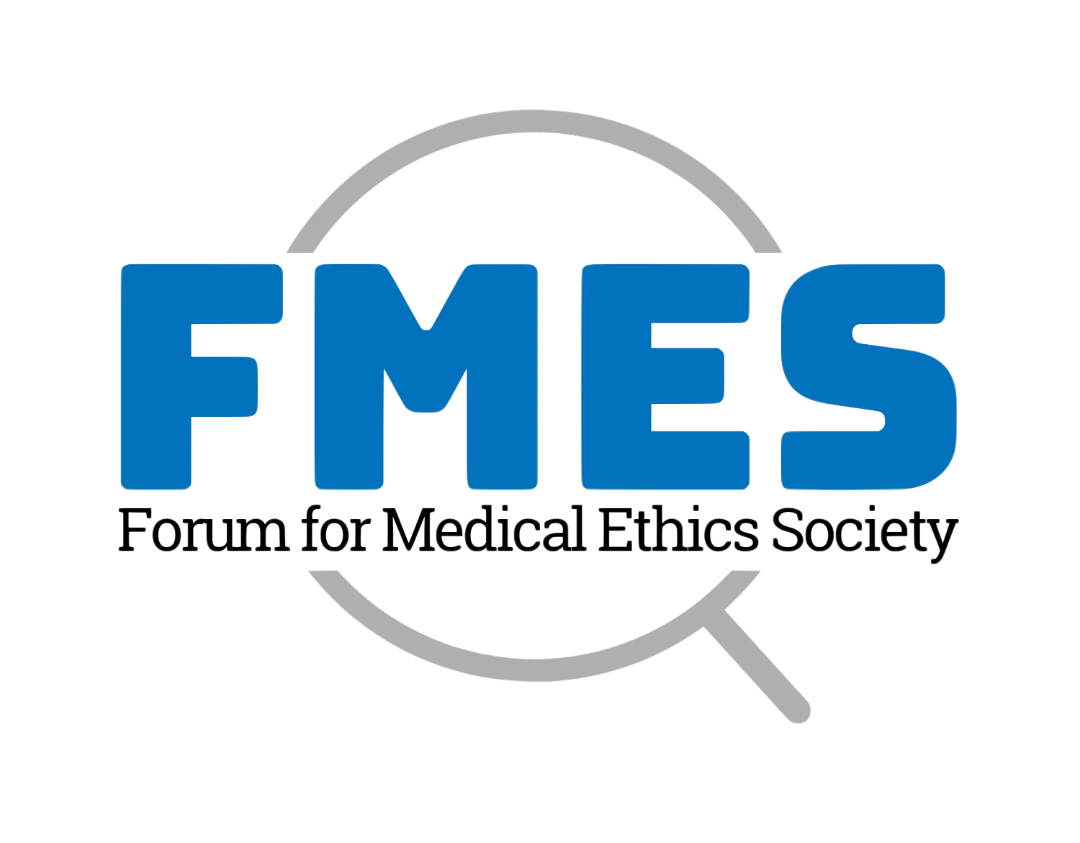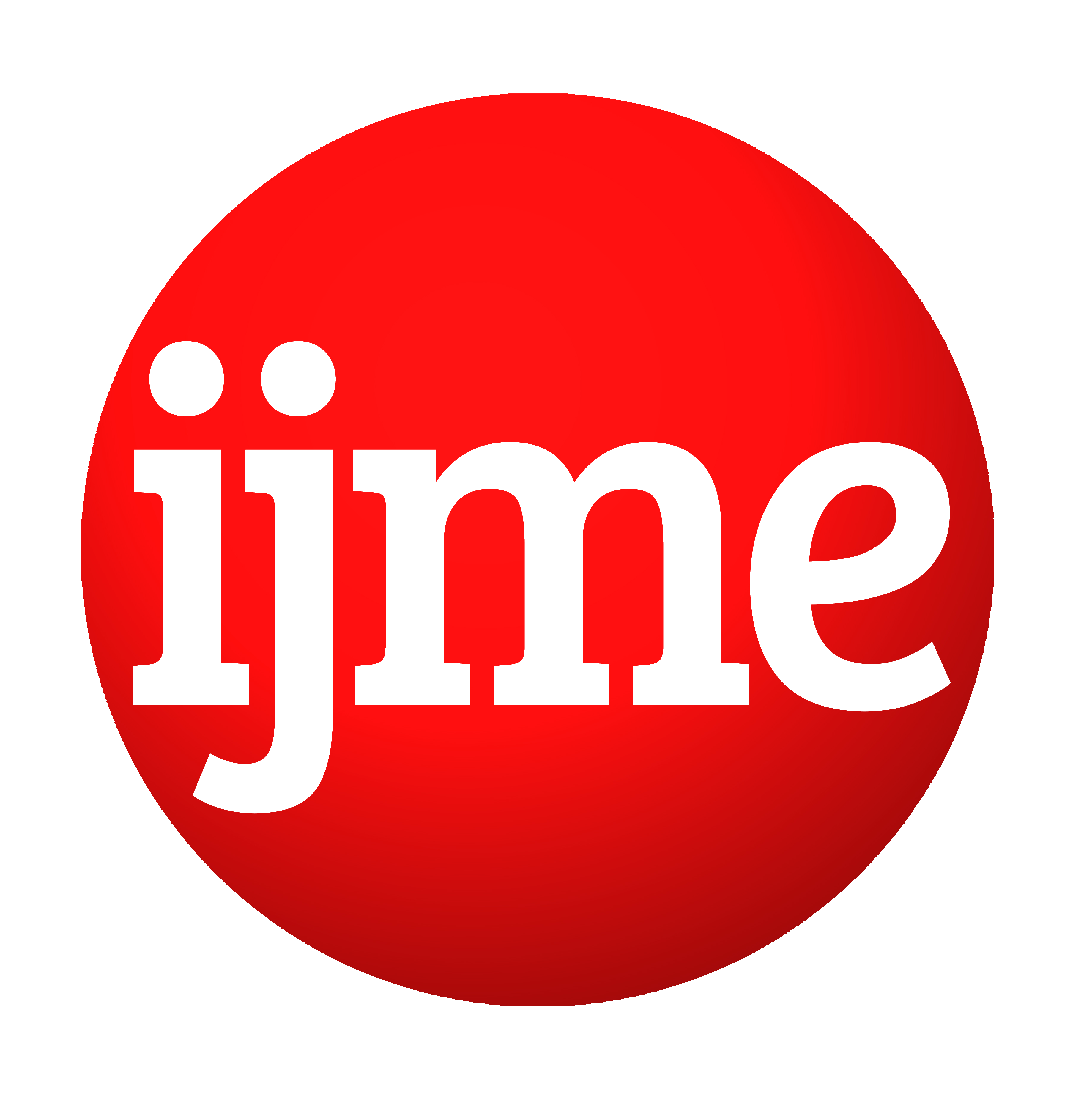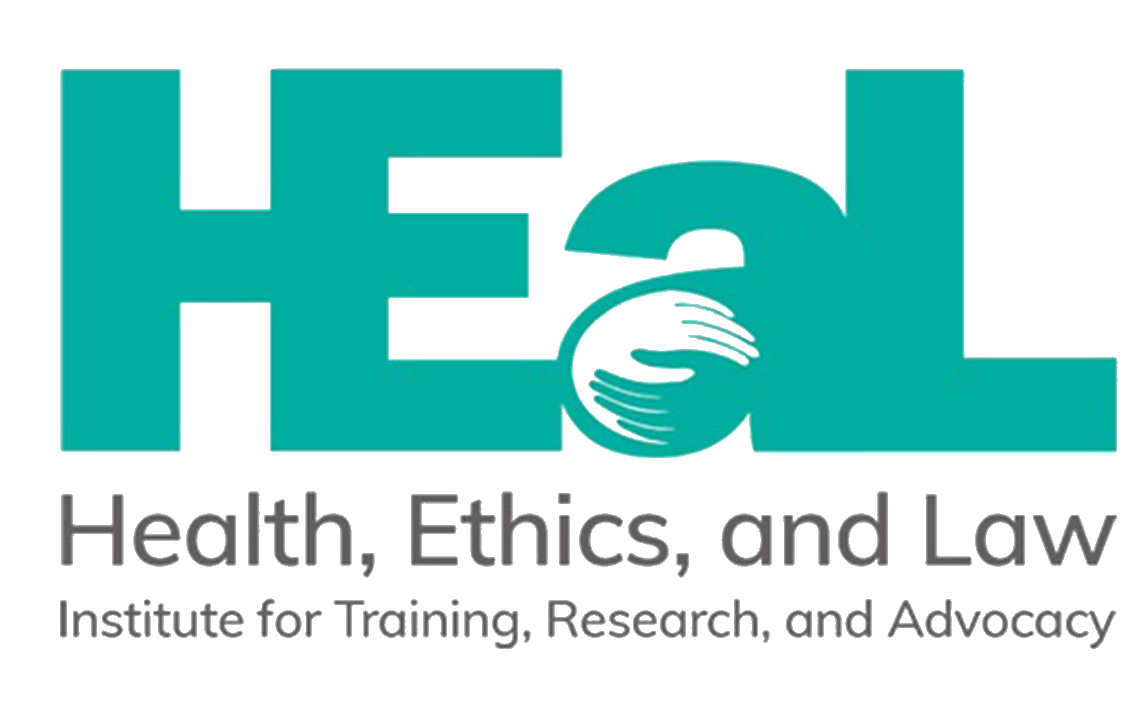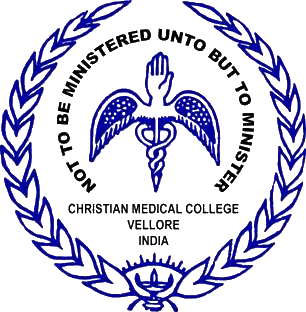For updated information, please visit the new website: https://www.worldcongressofbioethics.org/ |
Joint 14th World Congress of Bioethics of the International Association of Bioethics and 7th National Bioethics Conference of the Indian Journal of Medical Ethics
Proposal for pre-congress Training Workshop on Tuesday, 4 December 2018
Title: Writing Case Reports for Bioethics Journals
Contact Persons:
Calvin W. L. Ho
Email: [email protected]
Roy Joseph
Email: [email protected]
Centre for Biomedical Ethics, Yong Loo Lin School of Medicine, National University of Singapore, Block MD 11 Clinical Research Centre, #02-03, 10 Medical Drive, Singapore 117597. DID: +65 6516 7232 Fax: +65 6778 9527
Introduction
This workshop is intended to help emerging scholars develop skills in analysing cases in clinical ethics, research ethics, public health ethics and health policy and systems research, among other bioethics specialties, for publication as case commentaries in a bioethics journal. Regional capacity-building is one of the core functions of the journal Asian Bioethics Review (ABR), the flagship journal of the Centre for Biomedical Ethics (CBmE) of the Yong Loo Lin School of Medicine, National University of Singapore (NUS), co-owned by NUS and Springer Nature.
No registration fee is payable to participate in this workshop (which is inclusive of tea/coffee and lunch), but prior registration is required. In addition, all participants must submit an abstract of 200-words on the case commentary that they intend to work on by 1 October 2018 to the workshop administrator (details below).
In addition to the abstract, details to be provided at the time of registration are as follows:
- Full name, organization/institution, city and country
- E-mail, work telephone, mailing address
- A short biography comprising an outline of academic qualifications, positions/appointments, most recent publication and/or professional practice background [of about 100 words]
Target audience
Scholars with postgraduate qualifications relevant to bioethics, doctoral students, and recent post-doctoral graduates (having obtained their PhD within the last three years). Emerging (or junior) scholars from low and middle-income countries will be preferred.
Session format
Pre- workshop activity
Workshop participants are to submit a 200-word abstract of the case commentary that they intend to work on by October 1, 2018. The abstract should succinctly explain (in about 100 out of the 200 words) the ethical issues that are to be addressed in the case commentary. Abstracts are to be submitted to the workshop administrator (Ms Shalom Chalson) by email ([email protected]).
Additionally, up to 14 junior scholars from South Asia, identified by the workshop organisers, will be invited to participate in the workshop, by the submission of a draft manuscript of about 4,000 words by 1 September 2018. The manuscript may be on any topic that is publishable in the Asian Bioethics Review (https://www.springer.com/philosophy/ethics+and+moral+philosophy/journal/41649), and should also apply the journal's style (i.e. Chicago style, author-date format). Specific instructions on manuscript submission will be provided by the workshop organisers to the 14 junior scholars that are invited.
Workshop
The morning session will focus on developing skills that are needed to analyse and to write-up case commentaries for publication in a bioethics journal. The afternoon session will allow the analysis of the submitted abstracts and then writing up the case commentaries under the guidance of the facilitators. For the 14 scholars, they will work on their submitted manuscripts with the facilitators, in order to bring these papers up to a publishable level. The workshop will conclude with presentations to be given by some of the participants. Participants should be in possession of a laptop, which will be required for writing and editing.
Post-workshop follow-up
The registrants will be encouraged to submit, in consultation with the facilitators, their case commentaries for publication. Of the 14 junior scholars, up to 7 will be invited on the basis of the quality of their manuscripts, to participate in an International Seminar to be held in Singapore in mid-February 2019. The specific themes for this International Seminar will be determined based on the research topics of the selected manuscripts.
Overview of the pre-Congress content
The pedagogical value of case-based learning, especially in healthcare-related fields, is well recognised (McLean 2016). Bioethics journals like the Asian Bioethics Review (ABR) are committed to publishing case commentaries from all bioethical specialties, including clinical, biomedical research, public health and health policy and systems.
This workshop outlines the process and mechanics of how and when to write a bioethical case commentary and provides a brief understanding of the editorial process with the intent of encouraging all authors (especially junior scholars) to write case commentaries in all bioethical specialties. Up to 50 Congress participants may participate in this pre-Congress workshop, which seeks to provide training on identifying a good case and writing it up as a case commentary for publication in bioethics journals.
As learning objectives, participants should have acquired the following competencies after the workshop:
- Conduct basic bioethical analysis of a case narrative (Chin et al. 2017; Jonsen et al. 2006);
- Identify the key components of a good case narrative (Manchola Castillo 2017) and textual practices in writing-up a bioethics case narrative (Hurwitz 2012); and
- Identify potential ethical pitfalls (Shevell 2004).
The style guidelines for Asian Bioethics Review and other bioethical journals will also be discussed (Rison 2013).
The facilitators are established scholars and many of them have extensive experience with founding and/or managing bioethics journals. Participants are hence likely to benefit from the facilitators' anecdotes which will be shared throughout the workshop.
The morning session of this full-day workshop will be focused on competencies that relate to analysing and writing up case commentaries for publication in a bioethics journal. In the afternoon, the participants will be grouped according to the bioethical specialty (e.g. clinical ethics) of their abstracts. Each group will decide on two or three abstracts from within that group to discuss, analyse and produce detailed outlines (to be subsequently written up as case commentaries) under the guidance of the facilitators. The workshop will conclude with presentation of one outline per group.
After the workshop, participants should be able to refine the abstract that was submitted, as well as write up a detailed outline of a case commentary. All participants will be encouraged to write up the case commentary for publication.
References
Hurwitz, Brian. 2012. Textual Practices in Crafting Bioethics Cases. Journal of Bioethical Inquiry 9: 395-401. https://doi.org/10.1007/s11673-012-9407-6.
Manchola Castillo, Camilo Hernán and Jan Helge Solbakk. 2017. Bioethics and imagination: towards a narrative bioethics committed to social action and justice. Medical Humanities 43: 166-171. https://doi.org/10.1136/medhum-2016-011079.
Chin, Jacqueline J.L., et al. 2017. Caring for Older People in an Ageing Society and Making Difficult Decisions with Patients and Families: A Singapore Bioethics Casebook. Available at: http://www.bioethicscasebook.sg/
Rison, Richard. 2013. A guide for writing case reports for the Journal of Medical Case Reports and BioMed Central Research Notes. Journal of Medical Case Reports 7: 239. https://doi.org/10.1186/1752-1947-7-239.
Jonsen, Albert R., Mark Siegler, William J. Winslade. 2006. Clinical ethics: a practical approach to ethical decisions in clinical medicine. 6th ed. New York: McGraw-Hill.
McLean, Susan. 2016. Case-Based Learning and its Application in Medical and Health-Care Fields: A Review of Worldwide Literature. Journal of Medical Education and Curricular Development 3: 39-49. https://doi.org/10.4137/JMECD.S20377.
Shevell, Michael I. 2004. The ethics of case reports. Paediatrics & Child Health 9(2): 83-84. https://doi.org/10.1093/pch/9.2.83.
Programme Schedule
Tuesday 4 December 2018
09:00 – Registration and Introduction
09:30 – Presentation on Ethical Analysis of Cases
- Choosing Bioethical Cases and Analytical Writing (Prof Alastair Campbell)
- Ethical considerations in writing-up Bioethical Cases (Dr Calvin Ho; Dr Anita Lim)
- Topical Cases:
- Medical Case Commentary (Prof Roy Joseph; Dr Koh Pei Lin)
- Research Case Commentary (Prof Graeme Laurie)
- Public Health Case Commentary (Prof Keymanthri Moodley)
- Health Policy Commentary (Dr Andreas Reis)
10:30 – Tea
10:45 – Group Work on Ethical Analysis of Cases
13:00 – Lunch
14:00 – Writing Workshop
- 50 Participants will practice writing abstracts and outlines of case commentaries.
- 14 pre-selected scholars will work on their submitted draft papers.
15:45 – Break
16:00 – Presentation of select cases and papers; and Discussion
16:45 – Rounding up and Next-steps
17:00 – End of Workshop
Keywords
Case Commentary, Narrative, Case-Based Learning
Funding
The workshop will be fully funded by the National University of Singapore.
Logistical requirements
The audience size is expected to be up to a maximum of 71 participants, comprising 50 pre-Congress participants, 14 junior scholars and 12 facilitators. Junior scholars will be encouraged to attend the World Congress as the Workshop organiser will pay for their Congress registration fee. Registration will be managed by the workshop organiser collaboratively with the Secretariat of the Congress. Workshop registration charges for selected participants from low and middle-income countries will be met by the Workshop organiser.
The room should be big enough to fit 8 tables with 8 to 9 persons per table. The standard PowerPoint projector and screen is required, along with 8 flip-charts, if practicable. There should also be at least three microphones and a loud speaker for presentations and Q&A. Registrants should bring their own laptops.
We hope that the pre-Congress workshop will be scheduled on 4 December 2018, which is a day before the World Congress proper.
The total duration of the workshop is 8 hours (9am to 5pm).
Workshop Faculty and Resource Persons (in alphabetical order):
Workshop Faculty
- Bandewar, Sunita
- Campbell, Alastair V.
- de Castro, Leonardo D.
- Ho, Calvin W. L.
- Jafarey, Aamir M.
- Joseph, Roy
- Kim, So Yoon (or alternatively Dr Lee, Ilhak)
- Laurie, Graeme T.
- Millum, Joseph
- Moodley, Keymanthri
- Reis, Andreas A.
- Koh, Pei Lin
- Lim, Anita Yee-Nah
Secretary, Forum for the Medical Ethics Society, Mumbai, India; Founding Trustee, Vidhayak Trust, Pune, India; Associate, Tata Institute of Social Sciences, Mumbai, India; Email: [email protected]
Sunita Bandewar (PhD, MSc) has training in Anthropology and Bioethics. She is currently associated with the Forum for Medical Ethics Society, Indian Journal of Medical Ethics, Tata Institute of Social Sciences, and Vidhayak Trust. Her engagement with health as a field of enquiry over these past 25 years is primarily via empirical research and advocacy in the areas of women and health, global health, and bioethics. She was awarded an International Fellowship by the International Fogarty Centre, NIH, USA to pursue Masters in Health Sciences (Bioethics) at the Joint Centre for Bioethics, University of Toronto, Canada in 2003-04. For more information, please see: www.ijme.in; http://www.tiss.edu/
Centre for Biomedical Ethics, Yong Loo Lin School of Medicine, National University of Singapore, Block MD 11 Clinical Research Centre, #02-03, 10 Medical Drive, Singapore 117597. DID: +65 6516 7232 Fax: +65 6778 9527, Email: [email protected]
Professor Alastair V. Campbell is Visiting Professor in Medical Ethics and Emeritus Director of CBmE. Prior to this, he was Professor of Ethics in Medicine in the Medical School of the University of Bristol and Director of its Centre for Ethics in Medicine. He is a former President of the International Association of Bioethics. Professor Campbell is a prolific writer with more than 30 books and book chapters as well as dictionary entries to his name; and many more articles in refereed journals. Recent books include Health as Liberation (Pilgrim Press, 1995), Medical Ethics, 4th Edition, co-authored with Grant Gillett and Gareth Jones (Oxford University Press, 2005), The Body in Bioethics (Routledge-Cavendish, 2009) and Bioethics: The Basics (Routledge 2013). In 1999, Professor Campbell was a recipient of the prestigious Henry Knowles Beecher award, which recognizes his lifetime of contribution to ethics and the life sciences, and his excellence in scholarship, research and ethical inquiry. He is also Honorary Vice-President of the Institute of Medical Ethics, UK, an elected Fellow of The Hastings Center, New York, of the Ethox Centre, University of Oxford, and in 2011 he was elected as a Corresponding Fellow of the Royal Society of Edinburgh. For more information, please see: http://cbme.nus.edu.sg/people/all-staff/professor-alastair-campbell
Department of Philosophy, University of the Philippines Diliman, Vidal A. Tan Hall, Velasquez Street, Diliman, Quezon City, Metro Manila, Philippines, Email: [email protected]
Professor Leonardo D de Castro has been affiliated with the Department of Philosophy of the University of the Philippines for more than 30 years. He chaired the Department for 9 years and was responsible for establishing the Bioethics Program jointly with the College of Medicine of the same university. He also served as Senior Research Fellow at the NUS Centre for Biomedical Ethics (CBmE) for 8 years, during which he was also Editor-in-Chief of the Asian Bioethics Review. Back in the Philippines, he now chairs the Philippine Health Research Ethics Board. Prof de Castro is a recipient of the Takashi Fujii Prize of the International Federation of Social Science Organizations, a National Book Award (Manila Critics Circle), an Outstanding Publication Award (University of the Philippines), and an Outstanding Monograph Award (National Academy of Science and Technology, Philippines). For more information, please see: http://philippines.academia.edu/leonardodecastro
Centre for Biomedical Ethics, Yong Loo Lin School of Medicine, National University of Singapore, Block MD 11 Clinical Research Centre, #02-03, 10 Medical Drive, Singapore 117597. DID: +65 6516 7232 Fax: +65 6778 9527, Email: [email protected]
Dr Calvin Ho is Assistant Professor at the Centre for Biomedical Ethics in the Yong Loo Lin School of Medicine, NUS and Co-head of the World Health Organization Collaborator Centre on Bioethics in Singapore. He is a member of the Ethics Review Board of Médecins Sans Frontières (Doctors without Borders), and also serves, in Singapore, as a statutory board member of the Singapore Nursing Board, the Legal Aid Bureau of the Ministry of Law, as well as on national advisory committees on transplantation and on genetic testing of the Ministry of Health. Calvin is a member of the Paediatric Ethics and Advocacy Centre at the National University Hospital, holds a doctorate in juridical science from Cornell University in New York, and was also trained in law at the National University of Singapore (NUS) and the University of Cambridge in England. In addition, he holds degrees in economics and sociology from LSE and SOAS in London. He is the Editor-in-Chief of Asian Bioethics Review, and an editorial board member of the journals Life Sciences, Society and Policy, Medical Law International and Asia-Pacific Biotech News, among others. He has published on the ethical and legal aspects of emergent technologies, health policy and systems and professionalism. For more information, please see: http://cbme.nus.edu.sg/people/all-staff/dr-calvin-ho
Centre for Biomedical Ethics and Culture, Sindh Institute of Urology and Transplantation (SIUT), 7th Floor, Suleman Dawood Transplant Tower, Yaqoob Khan Road, Karachi-74200, Pakistan. Phone: +(92 21) 99216957, Email: [email protected]
Dr Aamir Jafarey is a full Professor at the Sindh Institute of Urology and Transplantation (SIUT). He joined CBEC in October 2004 after training in bioethics as a Fogarty Fellow in the Department of Population and International Health, Harvard School of Public Health. He has been involved in bioethics related activities in Pakistan since 1997. He has been the recipient of several grants for bioethics related projects. Dr Jafarey has conducted several research projects and has published in national and international journals. He has been invited to present papers and conduct workshops at various institutions nationally and across the region. Dr Jafarey serves as the Coordinator of the Ethical Review Committee of SIUT. For more information, please see: http://www.siut.org/bioethics/faculty.html
Centre for Biomedical Ethics, Yong Loo Lin School of Medicine, National University of Singapore, Block MD 11 Clinical Research Centre, #02-03, 10 Medical Drive, Singapore 117597. DID: +65 6516 7232 Fax: +65 6778 9527, Email: [email protected]
Associate Professor Roy is the Emeritus Consultant at the Department of Neonatology and Paediatrics, National University Hospital. He read Medicine at the Christian Medical College, Vellore, from 1967-1972, aided by a Government of India Cultural Scholarship. From 1997 to 2005, he was the Chief of the Department of Neonatology at the National University Hospital. In 2004, he was admitted as a Fellow of the Royal College of Paediatrics and Child Health. New-born screening and intensive care, long term management of the congenital hypothyroid and clinical ethics form the sphere of his clinical practice. He also chairs the National Medical Ethics Committee, the Hospital Ethics Committee and the Paediatric Ethics and Advocacy Centre at the National University Hospital, and serves as a member of the Bioethics Advisory Council. His current scholarly activities aim at developing ethics relevant to Science, Health and Policy in Singapore (National Medical Research Council funded grant), undergraduate and professional education in ethics (Ministry of Health funded grant) and, minimising harm to newborns through the use of transcutaneous bilirubinometry. For more information, please see: http://cbme.nus.edu.sg/people/all-staff/associate-professor-roy-joseph
Yonsei University / YonseiUniversity Health System, 50-1 Yonsei-ro, Seodaemun-gu, Seoul, Korea, 03722. DID: 82-10-5384-4382 Email: [email protected]
So Yoon Kim is Professor and Director of Medical Law and Ethics, Division of Medical Humanities and Society, College of Medicine at Yonsei University, South Korea. She is also Vice Director of Asian Institute for Bioethics and Health Law, a designated WHO Collaborating Centre for Health Law and Bioethics since 2014. Professor Kim's research areas include medical law, medical ethics, advanced biotechnology and clinical ethics, medical dispute, patient safety, international health law, elderly health, and mental health. She has contributed to bioethics scholarship on advanced biotechnology and bioethics area, especially from 2011 onwards as Principal Investigator of projects including 'ELSI (Ethical, Legal, and Social Implications) Research on Genomics' and 'Research on Social & Ethical Basis for Precision Medicine'. For more information, please see: https://www.researchgate.net/scientific-contributions/2001049629_So_Yoon_Kim
Edinburgh Law School, University of Edinburgh, Old College, South Bridge, Edinburgh, EH8 9YL, UK. DID: +44 (0)131-650-2020 Email: [email protected]
Graeme Laurie is Professor of Medical Jurisprudence at the University of Edinburgh and Founding Director of the JK Mason Institute for Medicine, Life Sciences and the Law. He is the holder of a Wellcome Trust Senior Investigator Award and Principal Investigator for a project entitled Confronting the Liminal Spaces of Health Research Regulation. This is a £1 million, five-year, interdisciplinary project running from October 2014 until September 2019. Most recently, he began as Co-Director of a new Centre for Biomedicine, Self and Society, also funded by Wellcome with over £1 million, as an interdisciplinary initiative to examine social science, legal and ethical contributions to biomedicine and novel partnerships in the co-production of biomedical knowledge and innovation. Also in 2016, Edinburgh hosted the 13th World Congress of the International Association of Bioethics, of which he was the Chair of the UK Organising Committee. Graeme Laurie is co-editor of the Cambridge University Press monograph series on Bioethics and Law (with Richard Ashcroft, QMUL), and also a member of the editorial teams of the European Journal of Health Law, Medical Law International, Law, Innovation & Technology, International Journal of Population Data Science, and the online journal SCRIPT-ed. For more information, please see: http://www.law.ed.ac.uk/people/graemelaurie
Department of Bioethics, National Institutes of Health, 10 Center Drive, Building 10, Room 1C118 Bethesda, MD 20892-1156. DID: +1 (301) 496 2429 Email: [email protected]
Joseph Millum holds a joint faculty appointment in the Clinical Center Department of Bioethics and the Fogarty International Center at the US National Institutes of Health. He studied philosophy at Edinburgh University and the University of Toronto, where he received his doctorate, and economics at Johns Hopkins University. His research focuses on the rights and responsibilities of parents, the ethics of international research, informed consent, and priority setting for health care and research. He is co-editor of the book Global Justice and Bioethics (2012) and the monograph The Moral Foundations of Parenthood (2017) both with Oxford University Press. For more information, please see: https://www.bioethics.nih.gov/people/millum-bio.shtml
Centre for Medical Ethics and Law, Room 5013, 5th floor, Teaching block, Faculty of Medicine and Health Sciences, Francie van Zijl rylaan, Parow, 7500, Western Cape, South Africa. DID: (021) 938 9600 Email: [email protected]
Professor Keymanthri Moodley is Professor and Director of the Centre for Medical Ethics and Law, Stellenbosch University, South Africa (SA) and Adjunct Professor in the Department of Social Medicine, University of North Carolina, USA. She completed her undergraduate medical training in 1988 at the University of Kwa-Zulu Natal and obtained her Masters in Family Medicine, cum laude, in 1997. She was awarded the Claude Leon Harris medal for outstanding performance in the FCFP exam. In 1999, Professor Moodley obtained her Masters in Philosophy (Applied Ethics), cum laude. In 2004 she completed her doctorate in Bioethics and was promoted to full professor in 2015. Professor Moodley manages three international grants which total 22 million rand. Under her leadership the Centre has grown to become a leading Centre in Medical Ethics in SA, and is designated as a Collaborating Centre in Bioethics by the World Health Organisation (WHO); the first on the African continent. She is a member of the International AIDS Society (IAS) HIV Cure International Scientific Working Group, the IAS Towards an HIV Cure Initiative and the Strategic Advisory Group of Experts Working Group on Ebola Vaccines and Vaccinations. For more information, please see: https://www.sun.ac.za/english/faculty/healthsciences/cmel/Pages/Faculty.aspx
Global Health Ethics Unit, Department of Information, Evidence and Research, World Health Organization, 20, Avenue Appia, CH-1211 Genève 27, Switzerland. Tel: +41 22 791 2085 Email: [email protected]
Andreas Alois Reis (MD, MSc) is a Technical Officer in the Global Health Ethics Team in the Research, Ethics and Knowledge Management Unit of the Department of Innovation, Evidence and Research at WHO in Geneva, Switzerland. After medical studies and practice in internal medicine in Germany, France and Chile he pursued studies in health economics and obtained a post-graduate degree in biomedical ethics. His main area of work is public health and research ethics, with a focus on ethical aspects of infectious diseases and outbreaks of emerging pathogens. Other topics include the ethics of public health surveillance, dual use research, and good governance in the pharmaceutical sector. He has lectured and organized trainings for WHO in more than 40 countries and is serving on the editorial boards of Public Health Ethics and Monash Bioethics Review. He has published widely and is the co-editor of three books on bioethics and public health ethics. For more information, please see: https://www.researchgate.net/profile/Andreas_Reis
Resource Persons
Dr Koh Pei Lin graduated from the Medical Faculty of the National University of Singapore in 1999. She received the Loke-Cheng Kim Foundation scholarship for her undergraduate studies. Upon graduation, she was awarded the Lee Kuan Yew Gold Medal. She received her paediatrics post-graduate training in National University Hospital (NUH) and obtained her post-graduate degrees - Membership of the Royal College of Paediatrics and Child Health (UK) and Master of Medicine in Paediatrics (NUS, Singapore) in 2003. She was awarded the Prof Wong Hock Boon Gold Medal for the latter. She completed her advanced specialist training in general paediatrics in November 2006 and is a qualified paediatrician. She was the head of Paediatric Intensive Care Unit (PICU) from December 2009 till March 2017, and is currently a senior consultant in PICU. Her research interests include haematological issues in PICU, end-of-life issues in the PICU and new therapies for haemophilia. For more information, please see: https://www.nuh.com.sg/scripts/WebFormShowProfile2.aspx?id=11637
Dr Anita Lim obtained her medical degree from the University of Glasgow under the auspices of a Brunei Government scholarship. She trained in Internal Medicine and Paediatrics in Brunei before returning to the UK to embark on specialist training. Her rheumatology training at the Addenbrooke's Hospital, Cambridge and the Norfolk and Norwich University Hospital, United Kingdom sparked her varied interests ranging from the inflammatory arthritides to the connective tissue diseases and transition care in rheumatology, quality improvement, ethics and professionalism. She joined the National University Hospital, Singapore in 2005 while the division of Rheumatology was in its infancy. In addition to clinical work, she served in NUH administration in Medical Affairs (Human Resource) for 6 years, prior to joining the Education team in June 2017. She is on the National Rheumatology Exit Exam committee and teaches ethics to undergraduates and postgraduates in medicine and nursing and serves on the National University Hospital Ethics Committee. More recently she is highlighting the importance of interprofessional education in the hospital setting and keen to explore the use of narratives in drawing out the humanistic side of caring in the healthcare professions.
Please CLICK HERE to register for this pre-congress.





